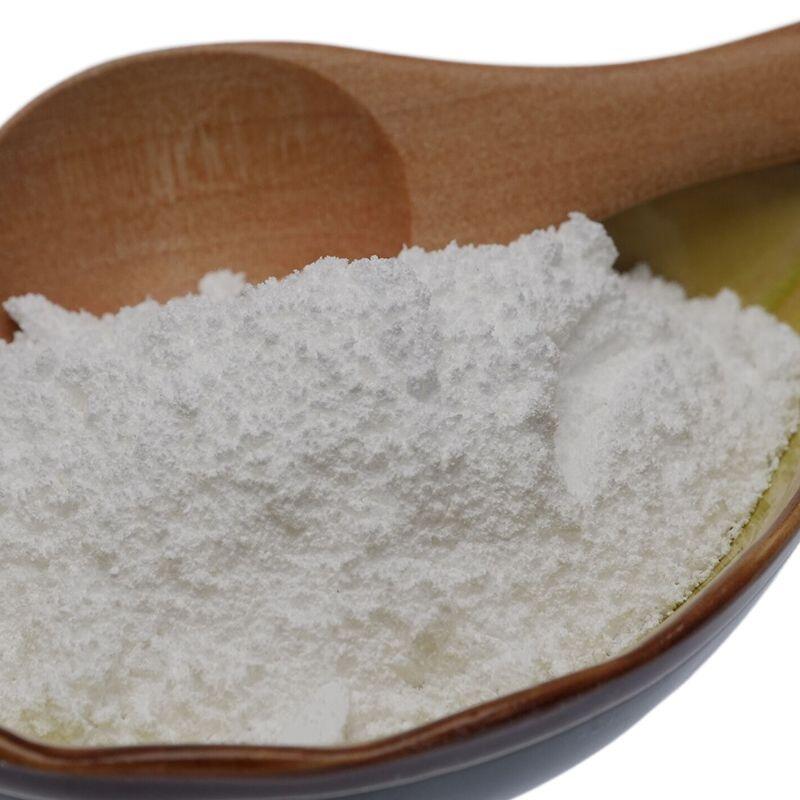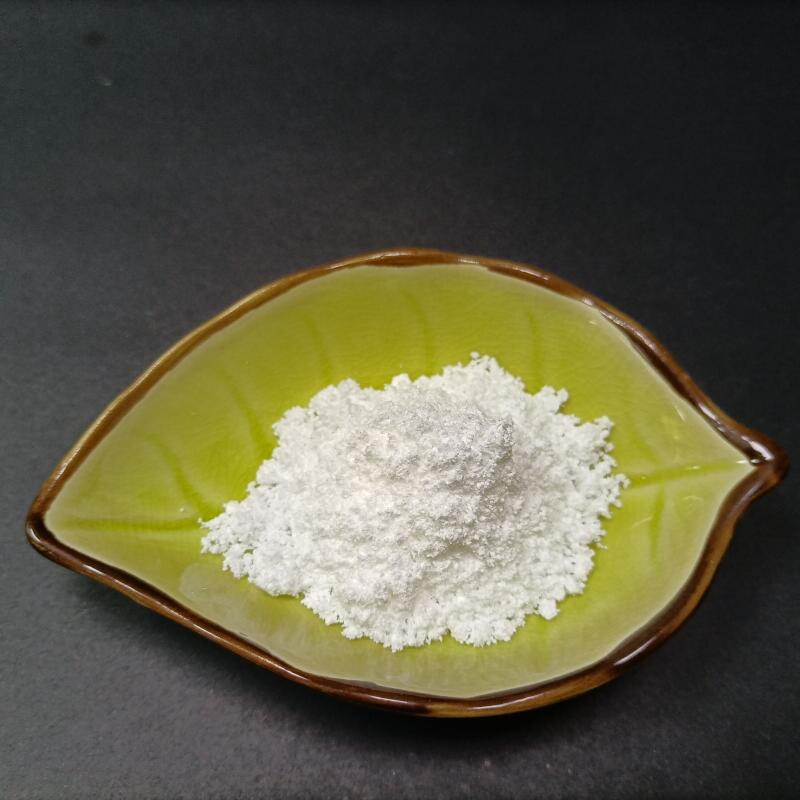-
Categories
-
Pharmaceutical Intermediates
-
Active Pharmaceutical Ingredients
-
Food Additives
- Industrial Coatings
- Agrochemicals
- Dyes and Pigments
- Surfactant
- Flavors and Fragrances
- Chemical Reagents
- Catalyst and Auxiliary
- Natural Products
- Inorganic Chemistry
-
Organic Chemistry
-
Biochemical Engineering
- Analytical Chemistry
-
Cosmetic Ingredient
- Water Treatment Chemical
-
Pharmaceutical Intermediates
Promotion
ECHEMI Mall
Wholesale
Weekly Price
Exhibition
News
-
Trade Service
▎Editor of WuXi AppTec's content team Some epidemiological reports pointed out that with the emergence of new variants of the new coronavirus, more and more cases of individuals who have been infected with the new coronavirus are re-infected by the new variants
.
The natural immunity caused by the new coronavirus strain (known as the WA1/2020 virus strain) discovered at the beginning of the epidemic has become a matter of concern to the extent of protection it can provide in the face of some new variants currently circulating
.
Recently, a research paper published in Science Translational Medicine, a sub-Journal of "Science", through non-human primate experiments showed that for the new coronavirus alpha variant (ie B.
1.
1.
7 virus strain) and beta variant (ie B.
1.
1.
7 virus strain).
1.
351 virus strain), the natural immunity caused by the WA1/2020 virus strain results in partial but incomplete protection
.
Researchers at Harvard Medical School's Beth Israel Deaconess Medical Center (Beth Israel Deaconess Medical Center) pointed out in the paper that this discovery has important implications for vaccination and public health strategies
.
The B.
1.
1.
7 variant and B.
1.
351 variant of the new coronavirus were first discovered in the United Kingdom and South Africa, respectively
.
Previous studies have shown that the B.
1.
1.
7 variant has stronger spreadability, while the B.
1.
351 variant can make some neutralizing antibodies ineffective
.
The results of the rhesus challenge experiment showed that the infection of these two variants of rhesus monkeys can lead to the massive replication of the new coronavirus in the upper and lower respiratory tracts
.
In order to confirm how much protection the natural immunity caused by the WA1/2020 virus strain can provide, the researchers first infected 18 macaques with WA1/2020
.
By the 10th day, virus replication in most monkeys had ended
.
On the 35th day, the researchers divided these experimental animals into three groups and used WA1/2020, B.
1.
1.
7 variants and B.
1.
351 variants for another challenge experiment
.
At the same time, three other macaques who had never been infected with the new crown directly received the B.
1.
351 variant as a positive control
.
The first set of experimental results showed that the natural immunity of WA1/2020 provides strong protection, enough to prevent animals from being infected by WA1/2020 again
.
In contrast, the B.
1.
1.
7 variant caused slightly more "breakthrough viruses".
After re-challenging, a certain concentration of viral nucleic acid can be detected in the respiratory tract of monkeys, indicating that the infection after WA1/2020 Natural immunity is only partially protective
.
For the B.
1.
351 variant with more mutations in key parts of the virus, monkeys infected by WA1/2020 also did not get complete protection, and the detectable virus concentration was higher, the virus replication time was longer, but the viral load in the lungs The amount is lower than that of a control group that has not previously been immunized
.
▲The second challenge test of rhesus monkeys detects the viral load of the lower and upper respiratory tracts, showing that the first infection with the WA1/2020 virus strain has partial but incomplete protection for the two new variants (picture source: reference [1] ) Based on these data, the research author pointed out in the paper that the natural immunity triggered by the first discovered new coronavirus strain WA1/2020 provides strong short-term protection to prevent re-infection with the same new coronavirus strain; but for some variants, provide Partial but incomplete protection
.
For the protective effect of other variants such as the delta variant, this paper has not yet covered it, and the author of the paper points out that further research is needed
.
Title image source: WuXi AppTec Content Team Reference: [1] Abishek Chandrashekar et al.
, (2021) Prior infection with SARS-CoV-2 WA1/2020 partially protects rhesus macaques against re-infection with B.
1.
1.
7 and B.
1.
351 variants.
SCIENCE TRANSLATIONAL MEDICINE.
DOI: 10.
1126/scitranslmed.
abj2641
.
The natural immunity caused by the new coronavirus strain (known as the WA1/2020 virus strain) discovered at the beginning of the epidemic has become a matter of concern to the extent of protection it can provide in the face of some new variants currently circulating
.
Recently, a research paper published in Science Translational Medicine, a sub-Journal of "Science", through non-human primate experiments showed that for the new coronavirus alpha variant (ie B.
1.
1.
7 virus strain) and beta variant (ie B.
1.
1.
7 virus strain).
1.
351 virus strain), the natural immunity caused by the WA1/2020 virus strain results in partial but incomplete protection
.
Researchers at Harvard Medical School's Beth Israel Deaconess Medical Center (Beth Israel Deaconess Medical Center) pointed out in the paper that this discovery has important implications for vaccination and public health strategies
.
The B.
1.
1.
7 variant and B.
1.
351 variant of the new coronavirus were first discovered in the United Kingdom and South Africa, respectively
.
Previous studies have shown that the B.
1.
1.
7 variant has stronger spreadability, while the B.
1.
351 variant can make some neutralizing antibodies ineffective
.
The results of the rhesus challenge experiment showed that the infection of these two variants of rhesus monkeys can lead to the massive replication of the new coronavirus in the upper and lower respiratory tracts
.
In order to confirm how much protection the natural immunity caused by the WA1/2020 virus strain can provide, the researchers first infected 18 macaques with WA1/2020
.
By the 10th day, virus replication in most monkeys had ended
.
On the 35th day, the researchers divided these experimental animals into three groups and used WA1/2020, B.
1.
1.
7 variants and B.
1.
351 variants for another challenge experiment
.
At the same time, three other macaques who had never been infected with the new crown directly received the B.
1.
351 variant as a positive control
.
The first set of experimental results showed that the natural immunity of WA1/2020 provides strong protection, enough to prevent animals from being infected by WA1/2020 again
.
In contrast, the B.
1.
1.
7 variant caused slightly more "breakthrough viruses".
After re-challenging, a certain concentration of viral nucleic acid can be detected in the respiratory tract of monkeys, indicating that the infection after WA1/2020 Natural immunity is only partially protective
.
For the B.
1.
351 variant with more mutations in key parts of the virus, monkeys infected by WA1/2020 also did not get complete protection, and the detectable virus concentration was higher, the virus replication time was longer, but the viral load in the lungs The amount is lower than that of a control group that has not previously been immunized
.
▲The second challenge test of rhesus monkeys detects the viral load of the lower and upper respiratory tracts, showing that the first infection with the WA1/2020 virus strain has partial but incomplete protection for the two new variants (picture source: reference [1] ) Based on these data, the research author pointed out in the paper that the natural immunity triggered by the first discovered new coronavirus strain WA1/2020 provides strong short-term protection to prevent re-infection with the same new coronavirus strain; but for some variants, provide Partial but incomplete protection
.
For the protective effect of other variants such as the delta variant, this paper has not yet covered it, and the author of the paper points out that further research is needed
.
Title image source: WuXi AppTec Content Team Reference: [1] Abishek Chandrashekar et al.
, (2021) Prior infection with SARS-CoV-2 WA1/2020 partially protects rhesus macaques against re-infection with B.
1.
1.
7 and B.
1.
351 variants.
SCIENCE TRANSLATIONAL MEDICINE.
DOI: 10.
1126/scitranslmed.
abj2641







